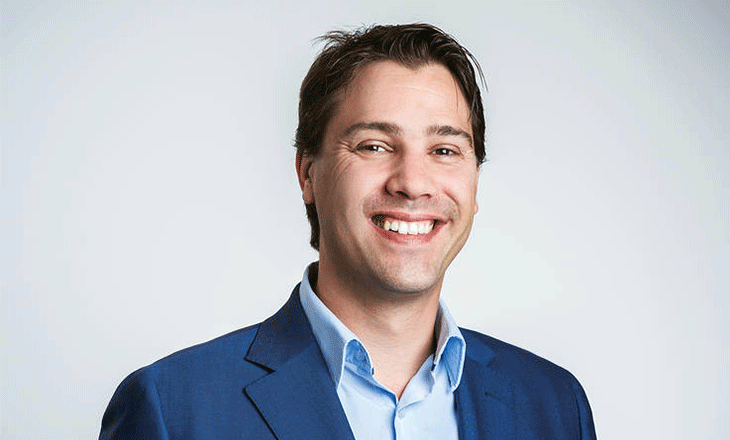Yoni Assia, the CEO and co-founder of eToro, a social trading and multi asset brokerage company, made a recent appearance on Charlie Shrem’s podcast, Untold Stories. During his interview, he expressed two general concerns. The first had to do with the world’s need for a publicly accessible digital currency, which would be fully transparent and free from criminal activity, while providing nearly two billion of the world’s un-banked individuals a chance at equality. Secondly, regulators threaten to block it at every turn.
Assia and a multitude of economists agree that wealth inequality in the world is becoming a serious problem that must be addressed in some fashion. Single countries have tried to tackle the issue over the past few decades through their taxation systems by offering credits or refunds, funded by wealthier taxpayers, as a way to reverse current trends. In the crypto world, however, there is a new experiment called “GoodDollar”.
According to its website:
GoodDollar, a 100% not-for-profit project, is nurturing an eco-system – including academics, NGOs, ethical investors, crypto supporters, and anyone who cares about reducing inequality. Our mission is to build a new, global, open-source cryptocurrency – called GoodDollar – to distribute money using the principles of universal basis income (UBI).
Assia noted in the podcast, as reported by AMBCrypto, that:
Very wealthy individuals already understand that they have a responsibility to give back. Money is changing form. Governments and regulators currently have the monopoly of printing money. And that’s the monopoly that you generally you don’t give away so easily.
It is the latter part of his last statement that causes Assia and many other analysts, investors, and crypto enthusiasts to experience heartburn of a different nature. The regulatory establishment keeps dragging its feet when it comes to adopting anything along the lines of crypto support. In fact, in many countries, government officials have teamed up with central banks to block any advances in the crypto community within their native soil.
Assia has firsthand knowledge of how this scenario can play out, because he has witnessed it in his home country of Israel. His firm, eToro, also has a head office in Tel Aviv, and he and his staff have watched a vibrant crypto community evolve, but banks have suddenly withdrawn from the arena, refusing to provide bank account support to anything that “smells” of Bitcoin or crypto. The stated fear is that Know Your Customer rules and the threat of money laundering activities are of such a burden that banks have refused to risk their reputations by taking deposits.
It became sillier still when taxpayers recently revolted because they were unable to pay their taxes on crypto gains, since there was no easy way to deposit gains from crypto exchanges. Per Assia:
There’s a very big blockchain community in Israel, a lot of crypto-companies in Israel. But consumers are stuck because banks simply do not enable anyone to transfer or receive dollars from crypto companies overseas.
